Q: What is the most popular car in Australia?
A: There are actually two ways to answer this. The first is to look at the top-selling 10 individual makes and models (which we’ll get to in a moment). Then there’s the broader picture: What types of cars are we buying as a nation? What are the trends and what types of cars are on the outer?
When you look at the best selling car types Australia has been in a state of radical change for a decade now. For that time, the dual-cab ute has been the big winner, dominating the sales charts and helping their manufacturers’ bottom line enormously.
You can see this working when you look at the top 10 selling manufacturers. Of those 10, Toyota, Mazda, Ford, Mitsubishi and Nissan all rely on their ute sales to a degree.
Meantime, only five of the top 10; Kia, Hyundai, MG, Tesla and Subaru don’t offer a dual-cab ute here. The big shift came as these vehicles became more user-friendly and started to become family car and work truck rolled into one.
For an active family with a broad range of requirements, the dual-cab remains arguably the best car to buy in Australia. And the Australian car sales figures back that up.
The other showroom must-have is an SUV and there’s not a single carmaker represented here that doesn’t have such a thing, usually in a range of sizes and formats.
If there’s a trend within that trend, it’s the move away from diesel powerplants and towards hybrid or PHEV drivelines. Even with that tech shift, SUVs still account for about 80 per cent of new car sales each month.
The other mover and shaker is the rise of the EV. Tesla is selling a huge number of EVs right now, MG is doing similarly and newcomers such as the GWM Ora and the BYD Dolphin are promising to shake things up even further with their value-for-money equation.
Overall, EV sales are racing up the charts with a 202 per cent hike year-to-date compared with 2022. Plug-in hybrids are also doing the business with a 141 per cent year-to-date increase.
The big loser among all this has been the conventional sedan and station-wagon and its small-car companion. In the last year, passenger car sales have fallen a further two per cent to just 17 per cent of the new-car total, while small cars are struggling along with a measly three per cent of sales for this year.
The other thing that has changed in the past decade has been the death of the Australian car companies. As such, a lot of buyers no longer feel much brand allegiance, and that’s had an effect on what we’re buying, too.
So, now let’s look at the individual brands and models that are the most popular cars in Australia. We’ll take the data from the start of this year to the end of September, so all the numbers you see here represent new car sales Australia-wide as recorded by VFACTS (and the source for the Australian Bureau of Statistics) sales figures for that period.
10: Hyundai Tucson
.jpg)
Sales: 16,173
Considered excellent value-for-money and riding the wave of Hyundai’s success generally, the Tucson SUV continues to do good business Down Under. It’s well made and well equipped and seems a good fit for many families. The only hole in the model’s specification (a hybrid version) will be filled next year when the Tucson Hybrid arrives.
9: Hyundai i30

The i30 continues on as Hyundai’s bread-and-butter model, continuing to win fans with its combination of sharp pricing, plenty of equipment and good overall dynamics. So popular has the i30 been, that Hyundai stopped taking orders for the current model last month, in order to clear the backlog of waiting customers and to make room for the all-new model expected next year. Meantime, the most expensive i30, the racy N model, just happens to be one of the best hot-hatches you can buy.
8: Mazda CX-5
.jpg)
Sales: 17,662
A perennial favourite in Australia, the Mazda seems to hit a sweet spot for buyers who want a family-friendly SUV with enough space and not too much footprint. There are plenty of options, too, including two- or four-wheel drive and a range of trim levels. Mazda recently dropped the turbo-diesel option, but the feisty 2.5-litre turbo-petrol engine remains.
7: Mitsubishi Outlander
.jpg)
Sales: 17,762
An all-new model a couple of years ago gave the Outlander franchise a big shot in the arm with a hugely improved product. It’s also great value and the plug-in hybrid variant makes a lot of sense for a lot of families. In fact, for our money right now, a plug-in hybrid is the way to go for those who can’t own more than one car.
6: Isuzu D-Max

Sales: 21,479
The D-Max is rightly regarded as the durable, no-nonsense dual-cab that also features good build quality and a smart specification. Many consumers see the Isuzu as the mainstream alternative to a cheaper, Chinese-made ute, based on value-for-money. It’s a hard argument to counter.
5: Toyota RAV4
.jpg)
Sales: 22,388
Supply problems have been the limiting factor in RAV4 sales, particularly the clever hybrid version. Just as a lot of the cheaper EVs out there have been people’s first taste of such a thing, the RAV4 has served as many Aussie drivers’ first foray into the hybrid world, and based on the experience, they like it. The RAV4 is one model that has helped Toyota to the top of the most popular car brands in Australia.
4: MG ZS
.jpg)
Sales: 23,152
While the ZS doesn’t appeal to all EV buyers, the Chinese-made MG has the unquestioned benefit of keen pricing. And if that’s what it takes to get Australian families into their first EV, then who are we to argue. The Long Range version should be able to go better than 350km between charges in the real world, and maybe even 400km if you’re careful.
3: Tesla Model Y
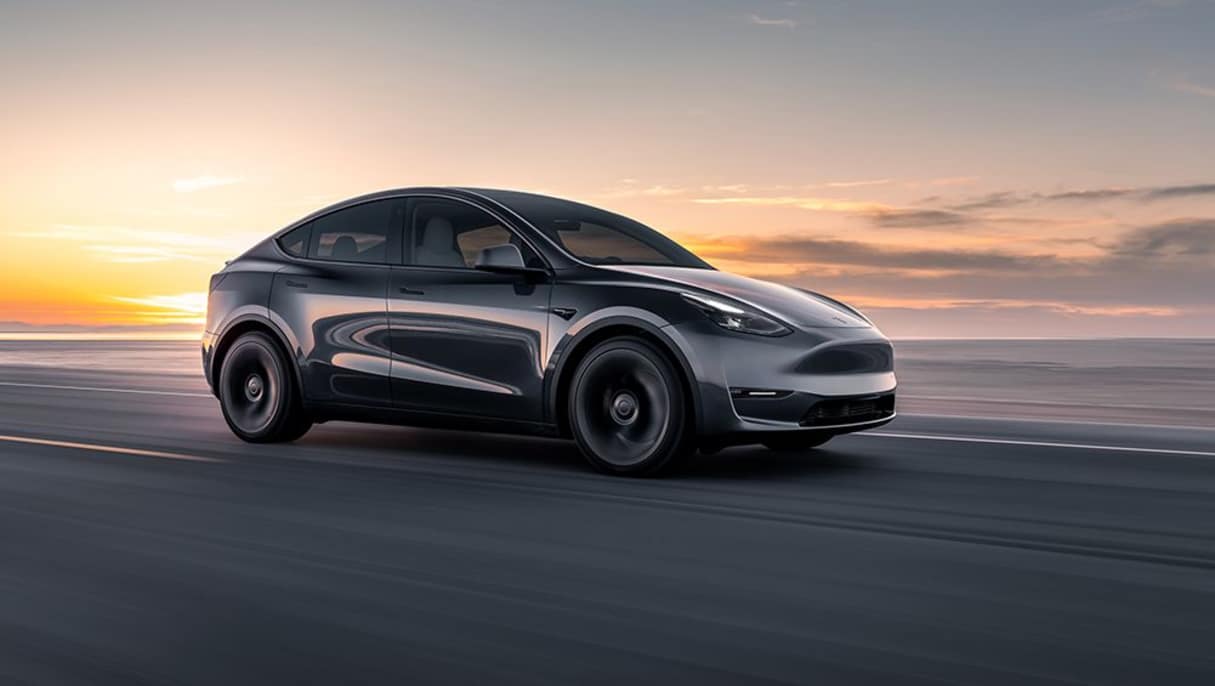
Sales: 23,457
Tesla’s sales reports have come in for scrutiny in recent times, but there’s no doubt the Model Y is a big winner here. Buyers who have the charging infrastructure, the usage pattern and the will to make the switch to full electric, are doing so with the Model Y high on their short-lists. Competent, capable and fast when it needs to be, the Model Y is a very resolved product.
2: Ford Ranger

Sales: 43,073
The Ford Ranger and Toyota HiLux swap first and second places on the monthly sales ladder every few months, but overall this year, the Ranger is just a handful of sales shy of the Toyota’s total. The Ranger, particularly in V6 turbo-diesel form, is a terrific product and shades the HiLux in some important areas. It’s the dual-cab that most successfully hides the inherent compromises of the basic design.
1: Toyota HiLux
.jpg)
Sales: 44,301
Anybody who says Toyota’s reputation is a myth should take notice here. The HiLux is not the best of the dual-cab utes by most reckonings, but it’s definitely good enough for most people and remains top of the tree of the top selling cars in Australia. Buyers know exactly what they’re getting, and that’s a big deal given these aren’t cheap vehicles. The HiLux’s cause (and that of other dual-cabs) is helped by the fact that the range is huge and covers a very broad price-field.





.jpg)
.jpg)

.jpg)
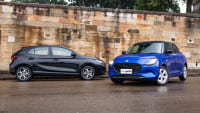
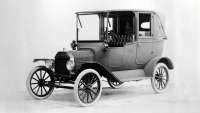
.jpg)

.jpg)
.jpg)

.jpg)
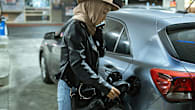
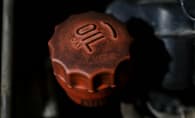

.jpg)
_0.jpg)
.jpg)
.jpg)



